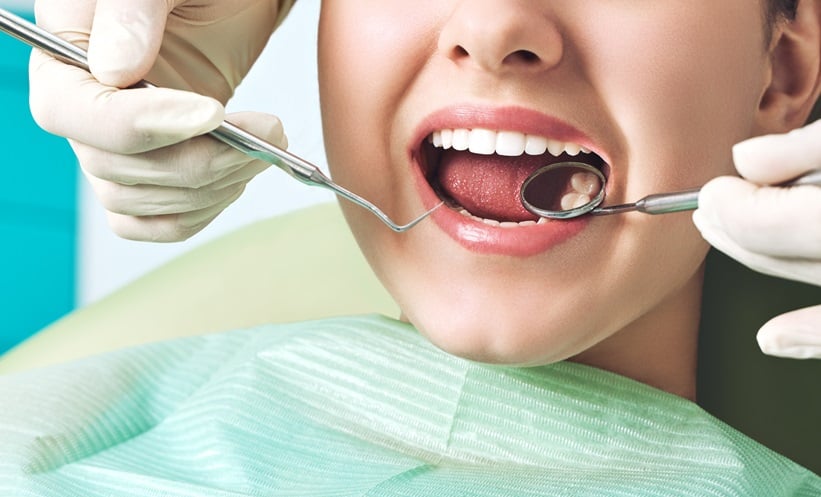ORAL bacteria migrating to the gut may play a significant role in cognitive decline among people with Parkinson’s disease, offering new opportunities for early detection and intervention.
The human microbiome’s influence on neurodegenerative diseases is increasingly recognised, yet the specific contributions of the oral microbiome and its interaction with the gut have remained underexplored, particularly in relation to cognitive impairment in Parkinson’s disease. Cognitive decline, ranging from mild impairment to dementia, is a distressing and common non-motor symptom in Parkinson’s, but its underlying mechanisms are not fully understood, making early identification and intervention challenging.
In a recent study from King’s College London, researchers analysed 228 shotgun metagenomics samples of gut and oral microbiomes from Parkinson’s patients with mild cognitive impairment (PD-MCI), Parkinson’s dementia (PDD), and healthy controls. The study revealed distinct compositional and functional differences in the microbiomes of those with cognitive impairment. Notably, the gut microbiome of affected individuals contained increased levels of harmful bacteria, many originating from the mouth – a process termed oral-gut translocation. These bacteria produced virulence factors and toxins, which were associated with inflammation and potential damage to brain endothelial cells. Integration with saliva metaproteomics confirmed the involvement of these microbial products in immune dysfunction. Artificial intelligence analysis further linked these virulence factors to cognitive decline, suggesting their potential as biomarkers for early detection and as possible targets for therapeutic intervention.
These findingshighlight the clinical importance of maintaining oral and gut health in Parkinson’s disease management. Routine oral hygiene, balanced nutrition, and possibly targeted probiotic therapies could help slow the progression of cognitive symptoms. For clinicians, this research highlights the need to consider oral health as part of comprehensive care for Parkinson’s patients, especially as cognitive impairment develops. Future studies are needed to determine whether modifying the oral-gut microbiome can directly influence brain health and slow neurodegeneration, paving the way for innovative preventive and therapeutic strategies in clinical practice.
Reference
Clasen F et al. Microbiome signatures of virulence in the oral-gut-brain axis influence Parkinson’s disease and cognitive decline pathophysiology. Gut microbes. 2025;17(1):2506843.








